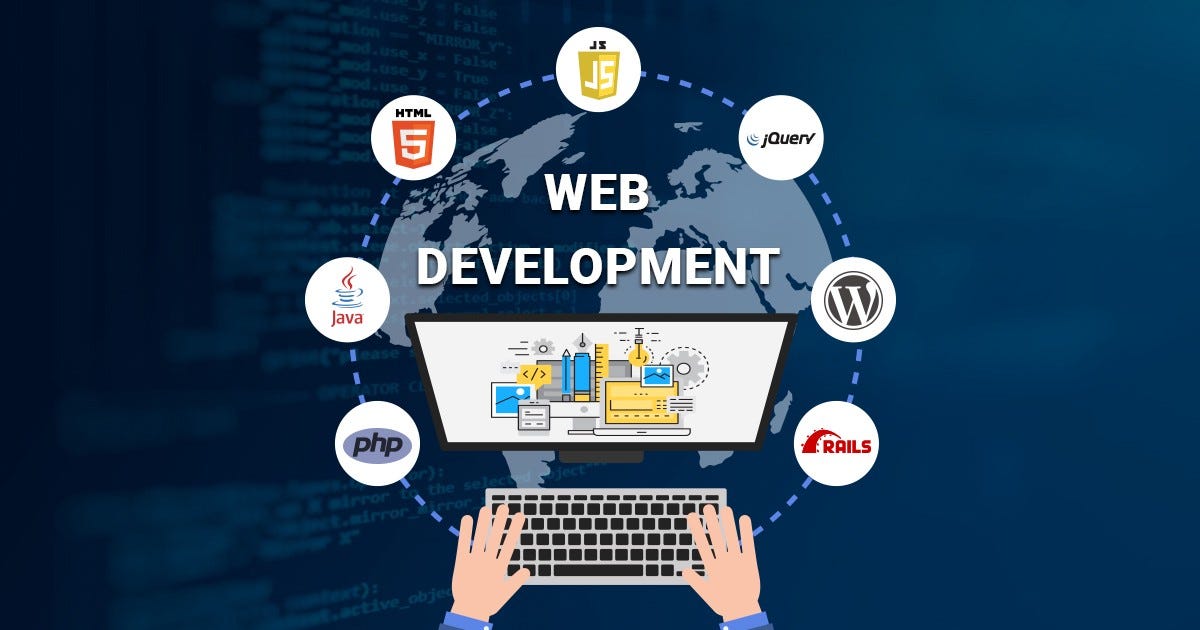
Web Design: Essential Website Development Tips for Beginners
Building a website is a crucial step for any business or personal project. Web development is complex, with the right

In today’s online world, having a strong digital presence is very important. A key part of this is optimizing your SEO content for success. Google search algorithms change frequently. This means businesses must keep improving their content strategy to stay on top. Now, OpenAI’s research team wants to change SEO using AI. This will help with better keyword research.
Search Engine Optimization, or SEO, focuses on improving websites. This improvement helps websites rank higher in search engine results pages, known as SERPs. The main goal is to increase your site’s visibility and bring in more organic traffic. To achieve this, you must know what your target audience is looking for online. This is why keyword research for SEO is so important.
Keyword research helps you find the words and phrases people use when they search online. When you understand these keywords and use them well on your website, you can boost your site’s rank in search results. This can bring more visitors who are interested in what you have to offer.
OpenAI’s AI Research Analysts are smart tools that help with SEO keyword research and content strategy. They look at a lot of data. This data includes trends from search engines, user actions, and information from various industries. These tools find keyword opportunities and improve SEO plans.
OpenAI’s AI Research Analysts do more than old SEO tools that only look at basic keyword metrics like search volume and competition. They use machine learning to find new trends, changes in search intent, and helpful predictions. This helps SEO professionals stay ahead of their competition. They can improve their content before the changes happen, not just after.
OpenAI’s Research Analysts use AI-based data analysis. They help businesses choose effective SEO strategies and adjust to the changes in search engines. This modern method allows brands to boost content visibility, improve search rankings, and grow organic traffic over time.
The new OpenAI Deep Research AI agent will change the game for keyword research. Businesses need to get ready to use these tools in their plans to make the most of them. By knowing how AI does research, we can enhance keyword research process. By starting to use these tools before competitors, companies can stay ahead of them.
Teams need the right tools, resources, and training to use AI in SEO effectively. Research by OpenAI provides a smart way to look at big sets of data. It helps find hidden chances and guess trends in how people search.
Deep Research goes beyond basic keyword planners that give you information like search volume and competition. It combines data, finds new trends, and helps SEO experts create smart plans.
Additional SEO tools can help with competitor analysis, tracking backlinks, and conducting site audits. These tools make the insights from AI agents even better. By using these tools together, businesses can build a complete SEO strategy that fits their goals.
Successfully adding Deep Research to your SEO work means adjusting your current steps to fit well with AI tools. Begin by looking at how you currently work. Find spots where AI could make things easier, like:
The key to success is working together with humans and AI. AI can take care of tasks that need a lot of data. This allows SEO professionals to focus on making smart choices. This teamwork boosts how much work gets done. It helps businesses reach better organic search results with the support of advanced AI.
The launch of OpenAI’s Deep Research AI agent makes SEO keyword research easier. Now, businesses can find useful information more quickly and efficiently. By adding this tool to your work routine, you can discover hidden chances, make keyword research easier, and build strategies based on data. Here’s a simple guide to help you begin:
Before starting keyword research, you need to know your SEO goals. Think about these questions:
Clearly defined goals will help you match your keyword research with business needs.
Next, understand your audience:
A clear audience persona will help you pick the right target keywords. It will also assist in making content that connects with them.
When you know your goals and audience, start thinking of seed keywords that relate to your industry, products, or services. These keywords are the base for your keyword research.
Once you have your goals and audience set, added Deep Research to your SEO process. OpenAI’s AI agent uses smart algorithms to:
Remember, AI is here to help people, not take their place. Deep Research can handle boring tasks for you, but it’s your job to understand its findings and adjust them to fit your needs.
Start by putting your seed keywords into the tool. Deep Research will create:
Analyze metrics such as:
Use this information to focus on keywords that are important for your business. Make sure they are also easy to rank for.
Deep Research can help you read search trends. This way, you can find new chances to reach your audience.
AI-powered tools like OpenAI’s Deep Research are changing how SEO experts do keyword research. Traditional methods have long been important for SEO strategies. However, AI tools help to find important keywords quicker and in a better way. They can also predict which keywords might work well. Knowing these differences is key for keeping up in the fast-changing world of SEO.
Data Sources: Traditional methods rely on a small amount of data from search engines like Google. In contrast, AI tools use a wider range of data, including SERPs, social media trends, and competitor analysis. This gives a better base for valuable insights.
Speed and Efficiency: AI takes on repetitive tasks and handles large amounts of data fast. This helps to cut down the time needed for keyword research. Traditional methods depend a lot on doing manual work and using tools such as Google Keyword Planner to find keywords.
Insights and Predictions: AI tools are great at finding patterns and predicting new trends. They provide helpful insights that traditional methods cannot offer.
AI tools give better and more accurate results than old ways. Here’s a look at how they compare in terms of quality metrics:
| Quality Metric | Traditional Methods | AI-Enhanced Methods |
| Relevance | Prone to subjective bias | Highly relevant keywords through data-driven intent analysis |
| Accuracy | Limited by human error and small data scope | Enhanced accuracy with extensive data processing |
| Actionability | Basic insights for general optimization | Tailored suggestions aligned with SEO goals |
| Breadth & Depth | Limited to available keyword tools | Identifies long-tail keywords and niche keywords |
| Predictive Capabilities | Based on historical data | Forecasts emerging trends with real-time analysis |
AI tools like Deep Research make keyword research easier. They also provide better results by:
Using OpenAI’s Research Analysts for keyword research is a big step forward. It helps businesses understand what users are looking for and choose the right keywords. This lets them keep up with changes online. The benefits are clear, but companies need to adapt to this new method. With data from AI, they can create better SEO plans and increase their visibility in search results. Moving forward, using AI tools like OpenAI’s Research Analysts may be crucial for success in digital marketing.

Building a website is a crucial step for any business or personal project. Web development is complex, with the right

Outsource social media management services has become a vital part of business success, with the right agency or freelancer you
Ready to elevate your business? Let’s talk about creating a website, launching campaigns, or boosting your online presence with tailored solutions.